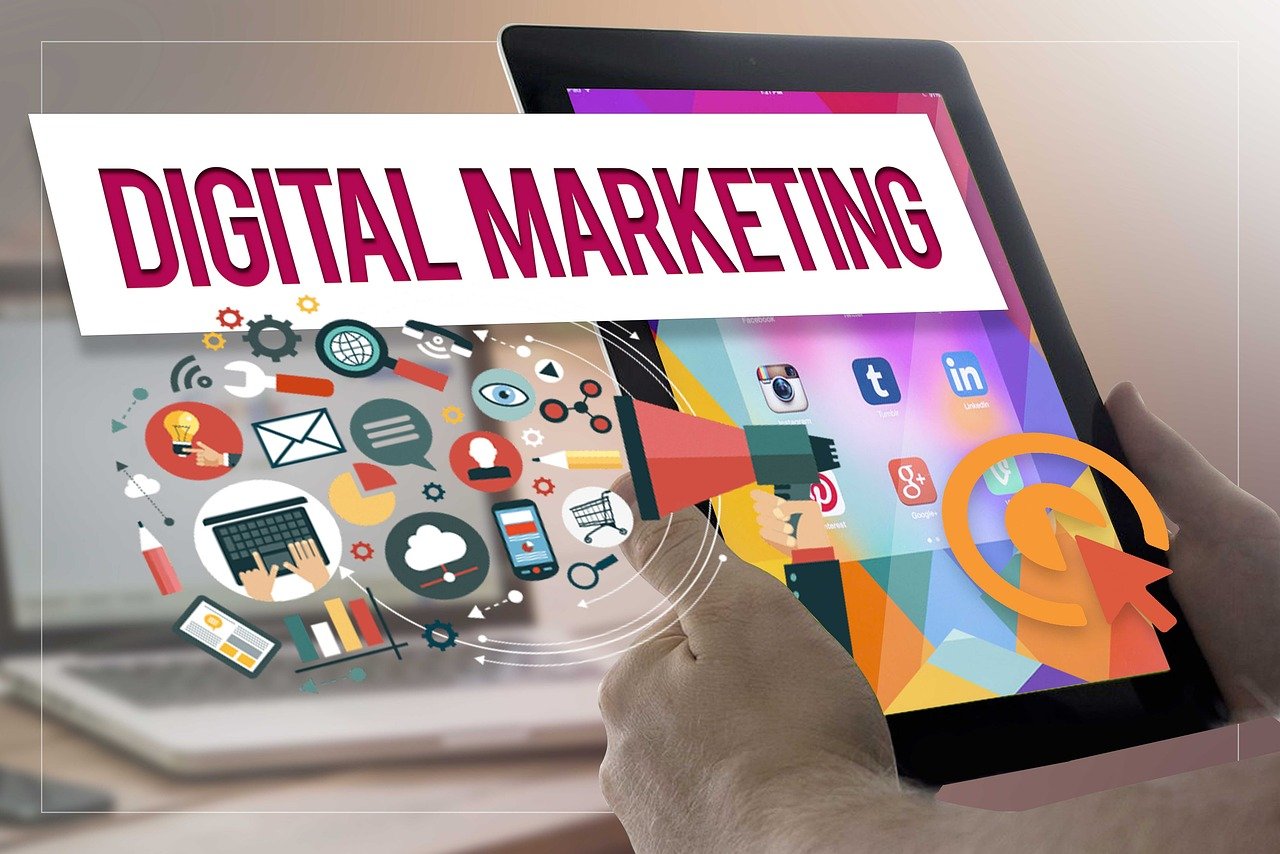In today’s fast-paced and highly connected world, digital marketing has emerged as a crucial component of business success. Whether you’re a startup, a small business, or a global corporation, having a strong digital presence is no longer optional—it’s a necessity. This article explores the fundamentals of digital marketing, its key components, the benefits it offers, and the latest trends shaping the future of this dynamic field.
What is Digital Marketing?
Digital marketing refers to the use of digital channels, platforms, and technologies to promote and advertise products or services. Unlike traditional marketing, which relies on print, television, and radio, digital marketing leverages the internet and electronic devices to reach and engage a broader, more targeted audience. The primary goal is to connect with consumers where they spend most of their time: online.
Key Components of Digital Marketing
- Search Engine Optimization (SEO): SEO is the process of optimizing your website and content to rank higher on search engine results pages (SERPs). This increases organic traffic and improves visibility. Effective SEO involves keyword research, on-page optimization, technical SEO, and high-quality content creation.
- Content Marketing: Content marketing focuses on creating valuable, relevant, and consistent content to attract and retain a clearly defined audience. Blogs, videos, infographics, podcasts, and ebooks are all popular content formats used to educate and engage consumers.
- Social Media Marketing: This involves promoting your brand and content on platforms like Facebook, Instagram, Twitter, LinkedIn, and TikTok. Social media marketing helps businesses connect with their audience, build brand loyalty, and drive website traffic.
- Email Marketing: Email marketing is a powerful tool for nurturing leads and maintaining customer relationships. Personalized, targeted emails can boost engagement, drive sales, and increase customer retention.
- Pay-Per-Click Advertising (PPC): PPC is a model of internet marketing in which advertisers pay a fee each time their ad is clicked. Google Ads and social media ads are common PPC platforms that help drive immediate traffic and conversions.
- Affiliate Marketing: This is a performance-based marketing strategy where businesses reward affiliates for driving traffic or sales through their marketing efforts.
- Influencer Marketing: Leveraging the reach and credibility of influencers can significantly boost brand awareness and trust, especially on platforms like Instagram and YouTube.
Benefits of Digital Marketing
- Cost-Effective: Digital marketing is generally more affordable than traditional marketing, making it accessible to businesses of all sizes.
- Measurable Results: With analytics tools, businesses can track performance, understand customer behavior, and optimize campaigns for better results.
- Targeted Reach: Digital marketing allows precise targeting based on demographics, interests, and online behavior, leading to more relevant and effective campaigns.
- Global Audience: Brands can reach customers around the world, breaking down geographical barriers and expanding market reach.
- Improved Engagement: Interactive content, social media, and personalized experiences enhance customer engagement and loyalty.
Latest Trends in Digital Marketing
- Artificial Intelligence (AI): AI powers chatbots, predictive analytics, and personalized content, improving user experience and efficiency.
- Voice Search Optimization: With the rise of smart speakers and voice assistants, optimizing content for voice search is becoming essential.
- Video Marketing: Short-form videos on platforms like TikTok and Instagram Reels are gaining popularity and driving high engagement.
- Interactive Content: Quizzes, polls, and interactive infographics create a more engaging experience for users.
- Data Privacy and Transparency: With increasing concerns over data security, businesses must prioritize transparent data practices and user consent.
Conclusion
Digital marketing is an ever-evolving landscape that offers immense opportunities for businesses to grow, connect, and thrive. By understanding its key components and staying updated on emerging trends, companies can craft effective strategies that resonate with their audience and drive long-term success. In a world where the digital realm dominates, embracing digital marketing is not just a smart move—it’s a strategic imperative.
